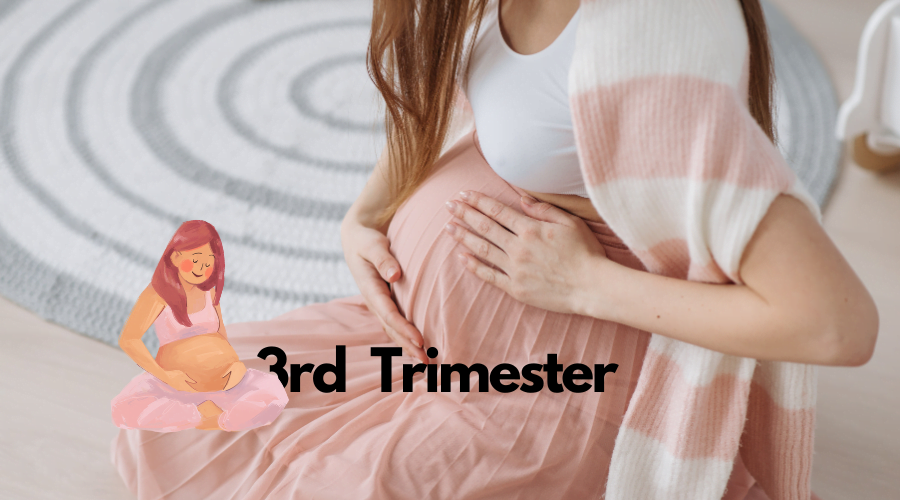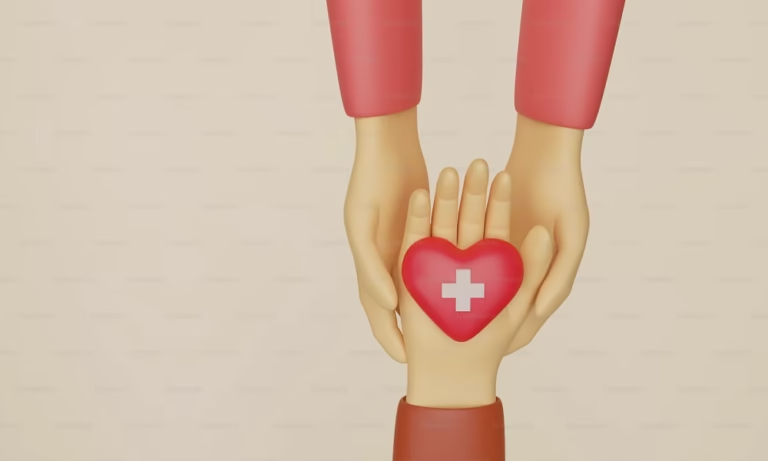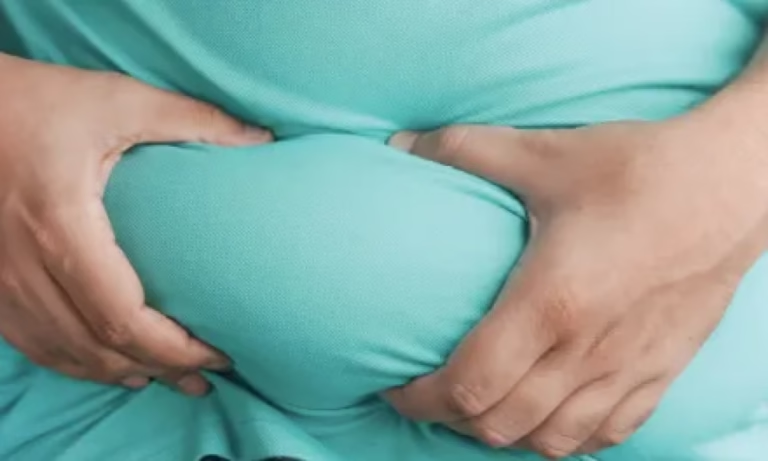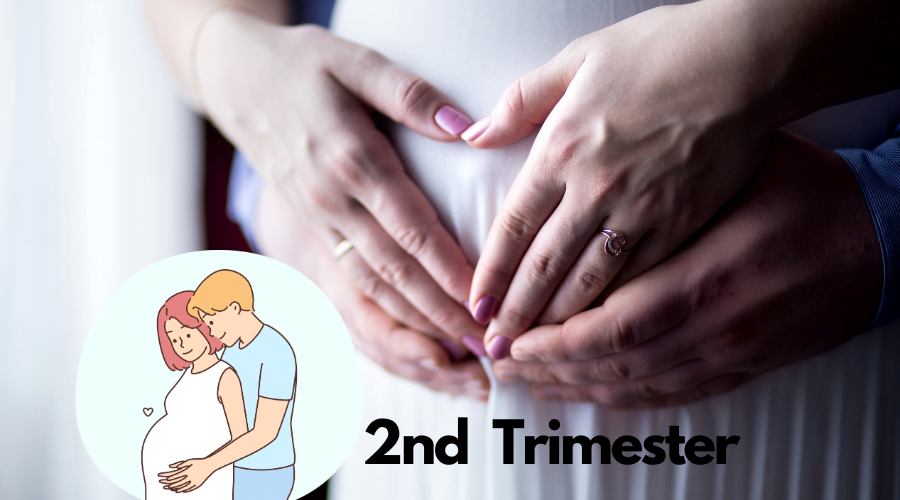Navigating the Third Trimester: Your Journey Towards Motherhood

3rd trimester pregnancy
Congratulations! You’ve officially entered the final stretch of your pregnancy journey. The third trimester, spanning from week 27 until your
little one’s arrival (typically between weeks 37 and 42), is a time of anticipation, physical changes, and preparation for childbirth.
Let’s explore what you can expect during this transformative phase.
1. Physical Changes:
Continued Growth:
Your baby is growing rapidly, and your body continues to adjust accordingly. Your skin and ligaments stretch further to accommodate your
expanding belly, leading to discomfort and sometimes itchiness.
Increased Fatigue: As your due date approaches, you may find yourself feeling more tired than usual. Difficulty sleeping due to discomfort and frequent bathroom
trips can contribute to this fatigue.
Symptoms of Discomfort: Heartburn and breathlessness may become more pronounced as your baby grows larger and exerts pressure on your internal organs,
including your lungs and stomach.
2. Braxton-Hicks Contractions:
Common Occurrence: You may experience Braxton-Hicks contractions, which are sporadic and non-painful tightenings of the uterine muscles. These contractions
help prepare your body for labor but are not a sign that labor has begun.
3. Baby’s Positioning:
Engagement: Around week 36, you may notice that your baby has “dropped” or “engaged” further into your pelvis. This shift can alleviate pressure on your ribs,
making breathing easier, but it also increases pressure on your bladder, leading to more frequent trips to the restroom.
4. Preparing for Labor:
Cervical Changes: Your body begins to prepare for labor as your cervix softens in readiness for dilation. You may also experience the passage of the
mucous plug, known as “the show,” which signals that labor may soon commence.
Induction Consideration: If your pregnancy progresses beyond week 42, your healthcare provider may recommend induction of labor to minimize the risk of
complications.
Tips for Comfort and Preparation:
Stay Active: Engage in gentle exercises like walking or prenatal yoga to alleviate discomfort and promote circulation.
Maintain a Balanced Diet: Eat nutritious meals to support your energy levels and your baby’s development.
Stay Hydrated: Drink plenty of water to stay hydrated and help ease common pregnancy discomforts.
Practice Relaxation Techniques: Explore relaxation techniques such as deep breathing or prenatal massage to alleviate stress and promote relaxation.
Attend Prenatal Classes: Consider enrolling in prenatal classes to learn about childbirth, newborn care, and breastfeeding.
Embrace this final trimester with patience, self-care, and excitement as you prepare to welcome your precious bundle of joy into the world. Remember to
communicate any concerns or discomforts with your healthcare provider, who can offer guidance and support throughout this remarkable journey.




















